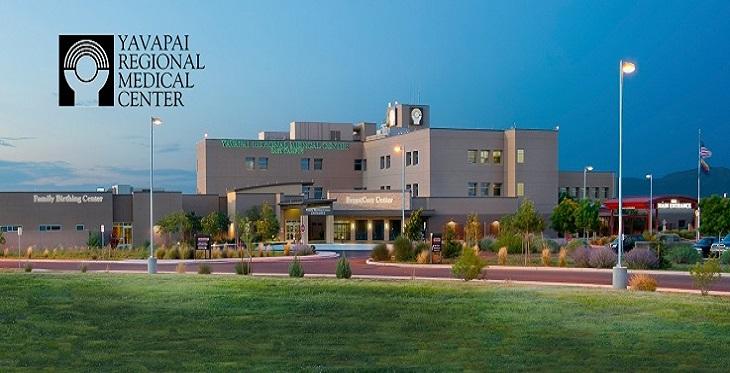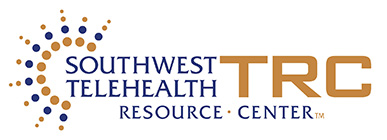
Telehealth has become a vital tool to deliver timely and effective medical care, particularly in rural areas. One hospital in Arizona, Yavapai Regional Medical Center (YRMC), is using telehealth to improve patient satisfaction and treat conditions that would otherwise need the services of a “big-city” hospital.
YRMC, in Prescott, AZ, has two telehealth programs: one for stroke care and one for monitoring congestive heart failure patients. In the case of stroke care, YRMC contracts with a group of neurology specialists, Axiom Lifesystems Development Group, which partners with YRMC emergency department staff to manage acute ischemic stroke. In the case of ischemic stroke, minutes matter, and a lack of specialists can delay treatment. YRMC uses a telemedicine cart in their emergency room to connect patients with a contracted neurologist. The neurologist completes a virtual visit from an offsite location, with the assistance of local ED staff, and communicates a recommended treatment plan to the patient’s attending physician.
To monitor the vital signs of congestive heart failure (CHF) patients and other patients with chronic disease, YRMC contracts with Vivify. Patients who qualify for home monitoring take home a kit that includes a body weight scale, iPad, blood pressure monitor, and pulse oximeter. From the patient’s home, the devices connect, via the iPad and an internet connection, to YRMC’s chronic care clinic, where nursing staff monitor the vital signs. If a reading is abnormal, nurses can contact patients in their homes and provide real-time advice and treatment to avoid a downward trend or hospital readmission.
Though these programs are in their infancy, YRMC is already seeing positive patient outcomes and cost savings. “Our healthcare environment is changing radically and is placing the consumer of healthcare at the center. We are now in a “consumer centric” model which requires our healthcare system to meet the consumer where they can best receive the care they need,” says Anthony Torres, MD, CMO of YRMC. “Telehealth is another tool which will become a vital method to deliver timely and effective medical care in the face of an ever-shrinking physician supply.”
Yavapai Regional Medical Center isn’t stopping there: they are piloting a telemedicine model with their own employees. YRMC Virtual Care will link employees with physicians for virtual appointments. Using feedback from their employees, they’ll evaluate and assess the program before bringing even more virtual care to their community.


